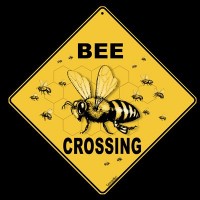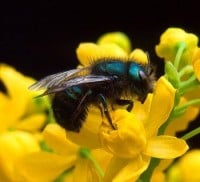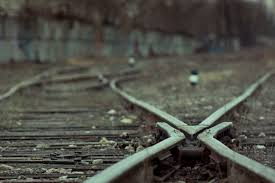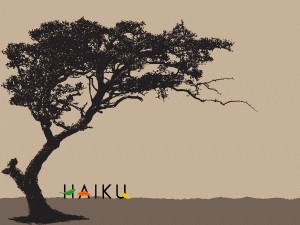
One of my grandson’s earlier words was Bee! My phone wallpaper is a bee, and there are bees on my jewellery, on cups, on various elements of my life.
I love bees.
This will come as no surprise to anyone who knows me, or reads this blog. Bees are a kind of totem for me, I suppose. In the way that certain cultures have animals for individuals, animals embodying their inner traits & lives, bees embody my own values: work will win out; sunny days; the community. And don’t forget the QUEEN!
Seriously — this past week I’ve been buying & planting for bees. While my beloved readies the mason bee house he bought me as a kit this past Christmas, I’ve been augmenting the nectar plants in the garden.
Already there are coneflower & bee balm, butterfly weed & lemon balm. Various herbs, roses, clematis & cypress flower. Pass-along plants as well as butterfly & bee fodder. I supplement with some annuals (nasturtiums & borage, this year), and usually add a couple of new perennials, as well.
This year it was the biennial hollyhocks, thyme, sweet spire, heliotrope & lavender. As well as a new bee balm & a new butterfly weed.

We have to feed the things we love. And prepare for them as well. Work to ensure their success. It isn’t a matter of just if you love them, they will come. Certainly not true of bees! But almost as surely not true for most of the things we love & value. Friendship requires connection. And then reconnection. Listening, trading stories, compassion & forgiveness & respect. Love is no less a finicky grower. It too has cultural requirements: trust, hope, humour & insight. Plus all that friendship offers.

I started out pretty ignorant of bees. Other than that they make honey (and surprise: only a few species of bees can provide us harvestable honey), and live in hives? I only knew I like them. My uncle kept them, & his hives fascinated me.
So I read. And read. And read some more. Bought books, borrowed books, visited websites, signed up for listservs, checked books out from the library. In other words? I did my homework.
Next I signed up for an intro to beekeeping class. Where I learned that those tens of books I’d read — maybe 50! — had given me no clue how hard keeping bees is. Especially in this day of colony collapse disorder, bee parasites, and insecticides.
I backed off, and rethought bees.
But when you really value something — as I do bees — and when it’s right for you, you find ways. What I love about bees is that they help the earth. W/out bees, we have so few flowers. So few fruits. So few vegetables. And native bees — which don’t give us honey — do all those other things far better than the honey bees the first colonials brought over.
A return to research. Now I’m working on native bees, looking up what they need, how they live. How to encourage them. I ask for a small mason bee house, a gourd-shaped assembly of the bamboo reeds many gardeners encourage mason bees to occupy. And I was hooked.
Two years later, I’m the proud owner of a more formal mason bee house — complete w/ ‘bee crossing’ sign. And I’m planting nectar plants to feed them.
When people wonder about keeping bees, this usually is NOT what I share with them, this circuitous, recursive journey of learning. But when I think about it? It’s the way I’ve done everything I truly love and value: researching it. Trying it on. Learning more about it. Practicing. And ultimately? If I’m successful, it’s as sweet as honey. As beautiful as flowers. And as magic as the songs of bees.

